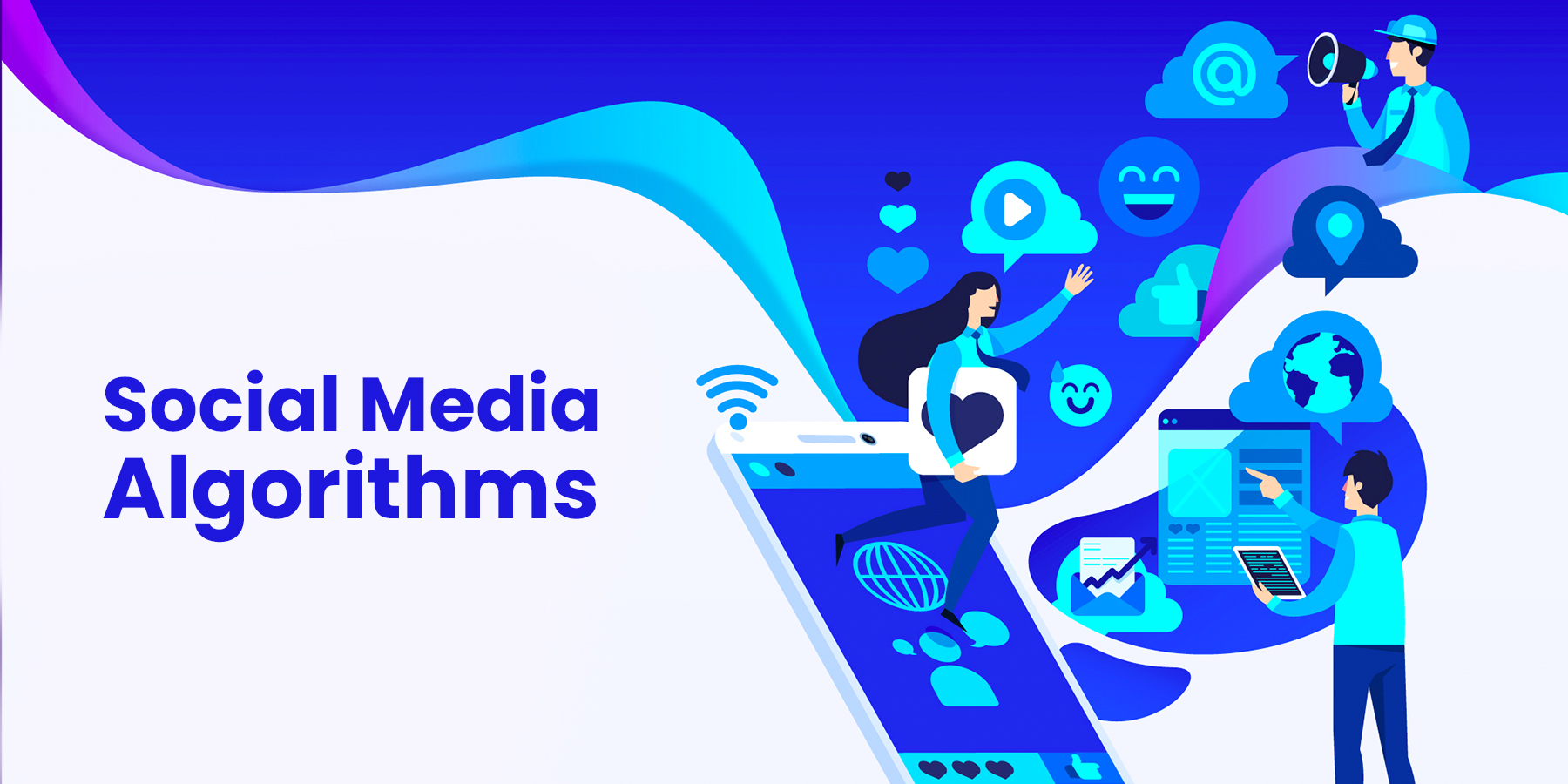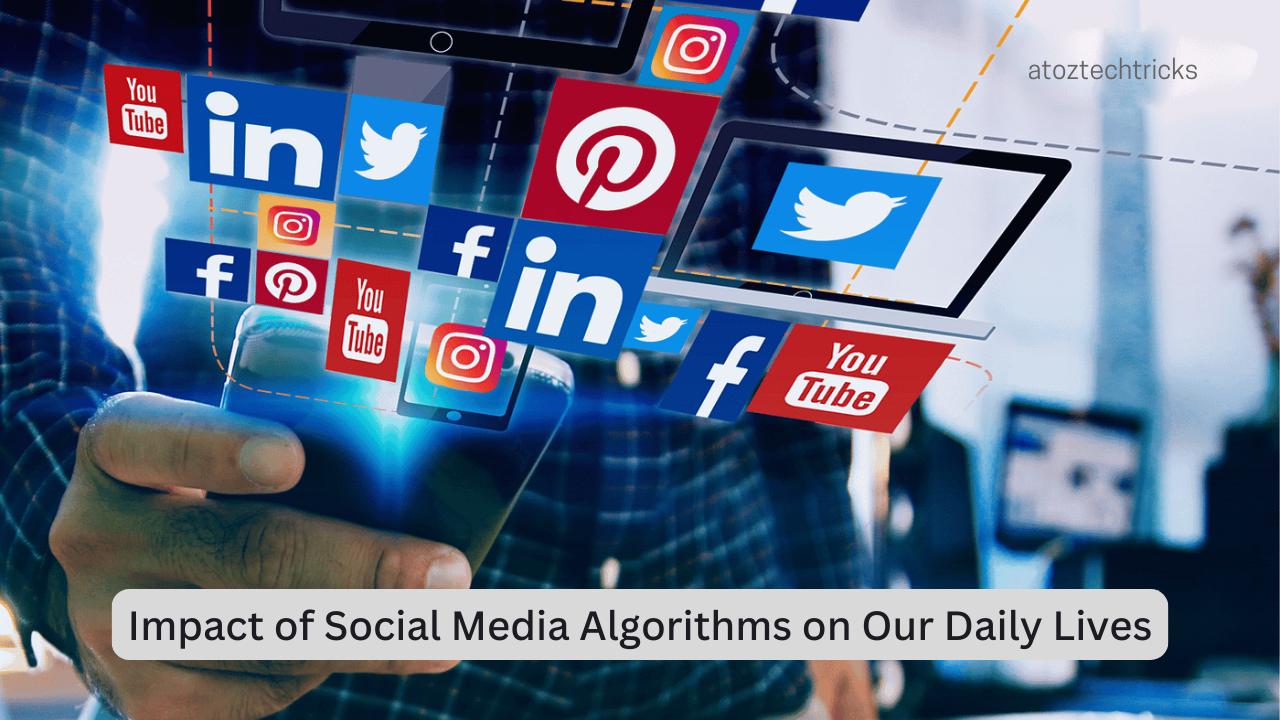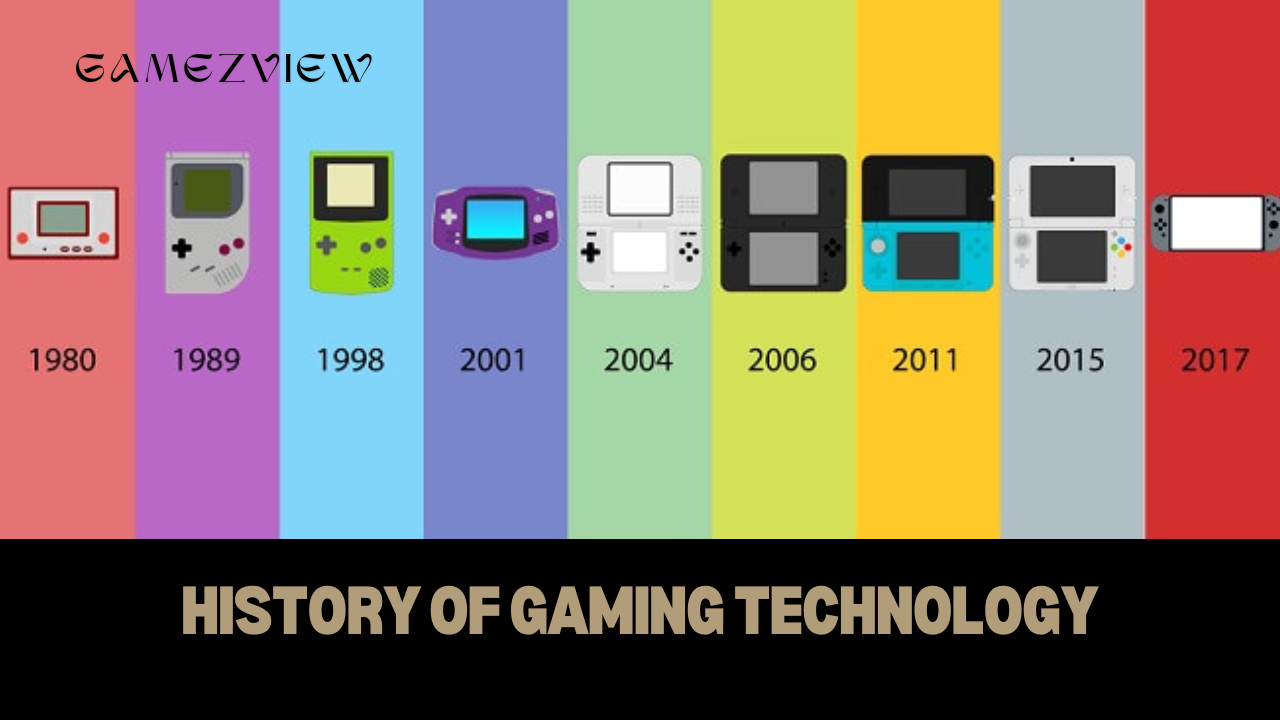In the digital age, social media has become a dominant force in shaping our daily lives. Platforms like Facebook, Instagram, Twitter, and TikTok are not just tools for staying connected but have evolved into essential aspects of our personal and professional routines. At the heart of this transformation are social media algorithms, the complex sets of rules and processes that determine what content we see and how we interact with it. This article delves into the profound impact social media algorithms have on our daily lives, exploring their effects on our behaviour, relationships, mental health, and broader societal trends.
Understanding Social Media Algorithms
Social media algorithms are sophisticated systems designed to manage the vast amount of content generated by users on these platforms. Their primary function is to curate and prioritize the information that appears in users’ feeds based on various factors such as engagement history, user interests, and trending topics. The ultimate goal is to keep users engaged by showing them content they are more likely to interact with.
The Challenges and Opportunities of Implementing Smart Home Technology
How Algorithms Work
- Data Collection: Social media platforms gather extensive data on users, including their likes, shares, comments, time spent on posts, and even their browsing habits outside the platform. This data is used to build detailed user profiles.
- Content Analysis: Algorithms analyze the content of posts, including keywords, hashtags, images, and videos, to categorize and rank them. This helps the algorithm understand the relevance of the content to each user.
- Personalization: Based on the data collected and the content analysis, algorithms personalize the user experience by showing posts that align with users’ interests and past behaviour.
- Ranking and Recommendations: Algorithms rank content to determine what appears at the top of users’ feeds and recommend additional content based on similar themes or engagement patterns.
![]()
The Influence on Daily Behavior
Altered Communication Patterns
Social media algorithms have transformed how we communicate and interact with others. Here’s how:
- Echo Chambers: Algorithms tend to reinforce users’ existing beliefs by showing them content that aligns with their views. This can create echo chambers where users are exposed only to information that confirms their preexisting opinions, potentially leading to polarized perspectives.
- Reduced Face-to-Face Interaction: As social media becomes more central to communication, face-to-face interactions can decrease. People might prefer interacting through likes, comments, and messages rather than engaging in in-person conversations.
- Instant Gratification: Social media platforms are designed to provide instant feedback, such as likes and comments. This instant gratification can impact how users perceive and value real-life interactions.
Impact on Productivity
Social media algorithms also affect productivity in both positive and negative ways:
- Distraction: The constant stream of personalized content can be highly distracting. Notifications and algorithm-driven recommendations may lead users to spend excessive time on social media, detracting from their work or study time.
- Workplace Engagement: On the flip side, social media can be a valuable tool for professional networking and engagement. Algorithms help users discover relevant industry content and connect with like-minded professionals.
Effects on Relationships
Changing Dynamics
Social media algorithms impact relationships in several ways:
- Curated Friendships: Algorithms influence who appears in our social feeds, which can alter our perception of our relationships. For instance, we might see more of the posts from people we engage with frequently, which can skew our understanding of our social circles.
- Comparison and Envy: Seeing curated, often idealized portrayals of others’ lives can lead to comparison and envy. This can affect self-esteem and potentially strain relationships if users feel inadequate compared to others.
- Online vs. Offline Interactions: The emphasis on online interactions can sometimes overshadow offline relationships. People might prioritize online communication over spending quality time with family and friends.
Social Media and Romantic Relationships
- Relationship Maintenance: Social media provides tools for maintaining and strengthening romantic relationships. Couples can share their lives and milestones and their social circles.
- Conflict and Jealousy: Conversely, social media can also introduce new sources of conflict. Issues like jealousy over interactions with others or disagreements about online behaviour can arise, sometimes leading to disputes.

Mental Health Implications
Positive Aspects
- Support and Connection: Social media can offer support for those facing mental health challenges. Online communities can provide a sense of belonging and a platform for sharing experiences and advice.
- Awareness and Education: Platforms can raise awareness about mental health issues and promote educational resources, helping to destigmatize mental health discussions.
Negative Aspects
- Stress and Anxiety: The pressure to constantly update one’s online presence and the fear of missing out (FOMO) can contribute to stress and anxiety. The algorithm-driven nature of social media can exacerbate these feelings by continuously presenting users with content that heightens their concerns.
- Body Image Issues: Exposure to idealized images and content on social media can lead to body dissatisfaction and unhealthy comparisons, particularly among young users.
- Addiction and Dependency: The addictive nature of social media, driven by algorithms that keep users engaged, can lead to dependency. This addiction can impact daily life and mental well-being, making it difficult for users to disengage from the platform.
Exploring the Ethical Implications of Artificial Intelligence
Societal Implications
Influence on Public Opinion
Social media algorithms have a significant impact on public opinion and discourse:
- Spread of Misinformation: Algorithms that prioritize engagement can inadvertently promote the spread of misinformation. Content that evokes strong reactions, even if false or misleading, may be amplified, leading to the widespread dissemination of inaccurate information.
- Political Polarization: The reinforcement of existing beliefs through algorithms can contribute to political polarization. Users may be exposed primarily to content that aligns with their views, which can intensify ideological divides.
Economic and Business Impact
- Targeted Advertising: Algorithms enable highly targeted advertising, allowing businesses to reach specific audiences based on their interests and behaviours. This can increase marketing efficiency but also raise concerns about privacy and data security.
- Content Creation and Monetization: Content creators and influencers use algorithms to optimize their reach and engagement. Understanding how algorithms work can help them create content that resonates with their audience and improves their monetization opportunities.

Navigating the Algorithmic Landscape
Personal Strategies
- Diversify Content Consumption: To avoid echo chambers, users should actively seek out diverse sources of information and perspectives. Engaging with a variety of content can provide a more balanced view of the world.
- Set Boundaries: Limiting social media use and setting specific times for checking feeds can help manage distractions and reduce the impact on productivity and mental health.
- Engage Mindfully: Being mindful of how social media affects your mood and interactions can help you maintain a healthy relationship with these platforms. Regularly assessing your social media habits can lead to more intentional and positive use.
Policy and Platform Responsibility
- Transparency: Social media platforms should provide greater transparency about how their algorithms work and how they affect content visibility. Users should be informed about the data being collected and how it is used.
- Ethical Algorithm Design: Developers should prioritize ethical considerations in algorithm design, aiming to reduce negative impacts on mental health and societal issues. This includes designing algorithms that discourage the spread of misinformation and promote diverse content.
- Regulation and Oversight: Governments and regulatory bodies may need to implement policies to ensure that social media platforms operate responsibly. This could involve regulations on data privacy, algorithm transparency, and content moderation practices.
Exploring the Ethical Implications of Artificial Intelligence
Social media algorithms are powerful tools that shape our online experiences and influence various aspects of our daily lives. From altering communication patterns and affecting relationships to impacting mental health and societal trends, their reach is profound and multifaceted. As we continue to navigate the digital landscape, understanding the role of algorithms and their effects can help us make more informed choices about how we engage with social media. Balancing the benefits of connectivity and personalization with the need for mindful and responsible use is key to ensuring that social media remains a positive force in our lives.



